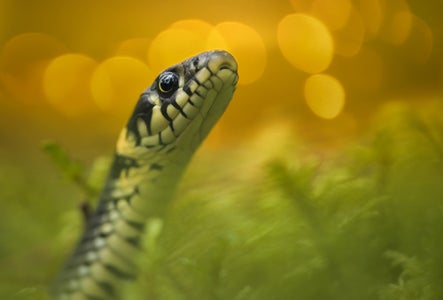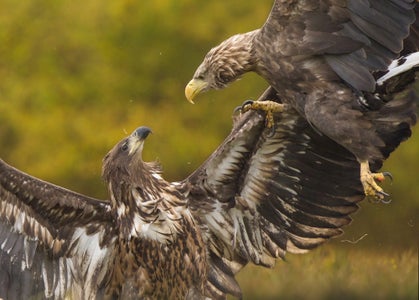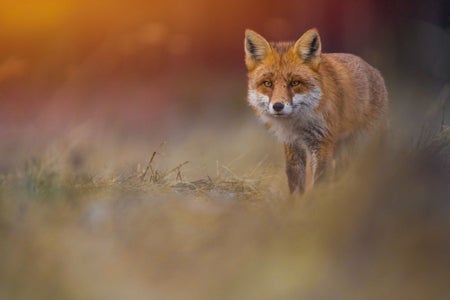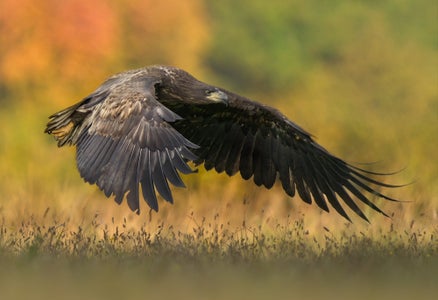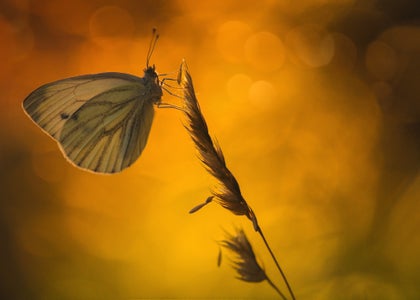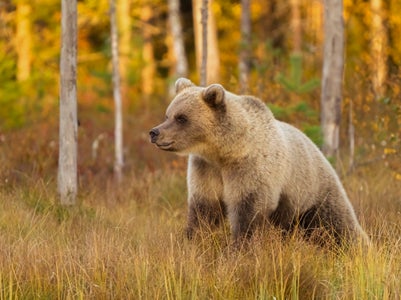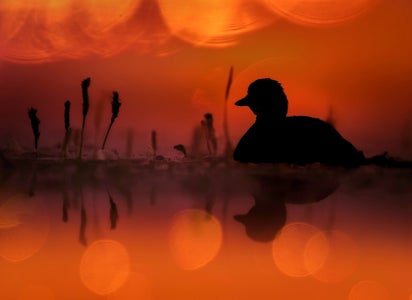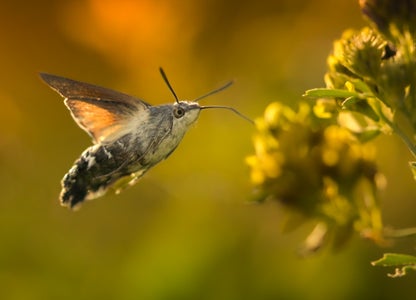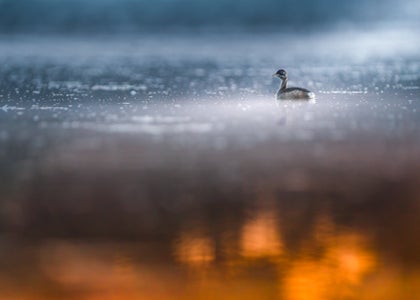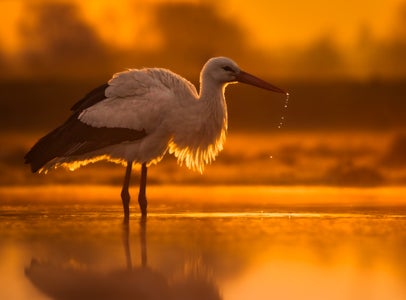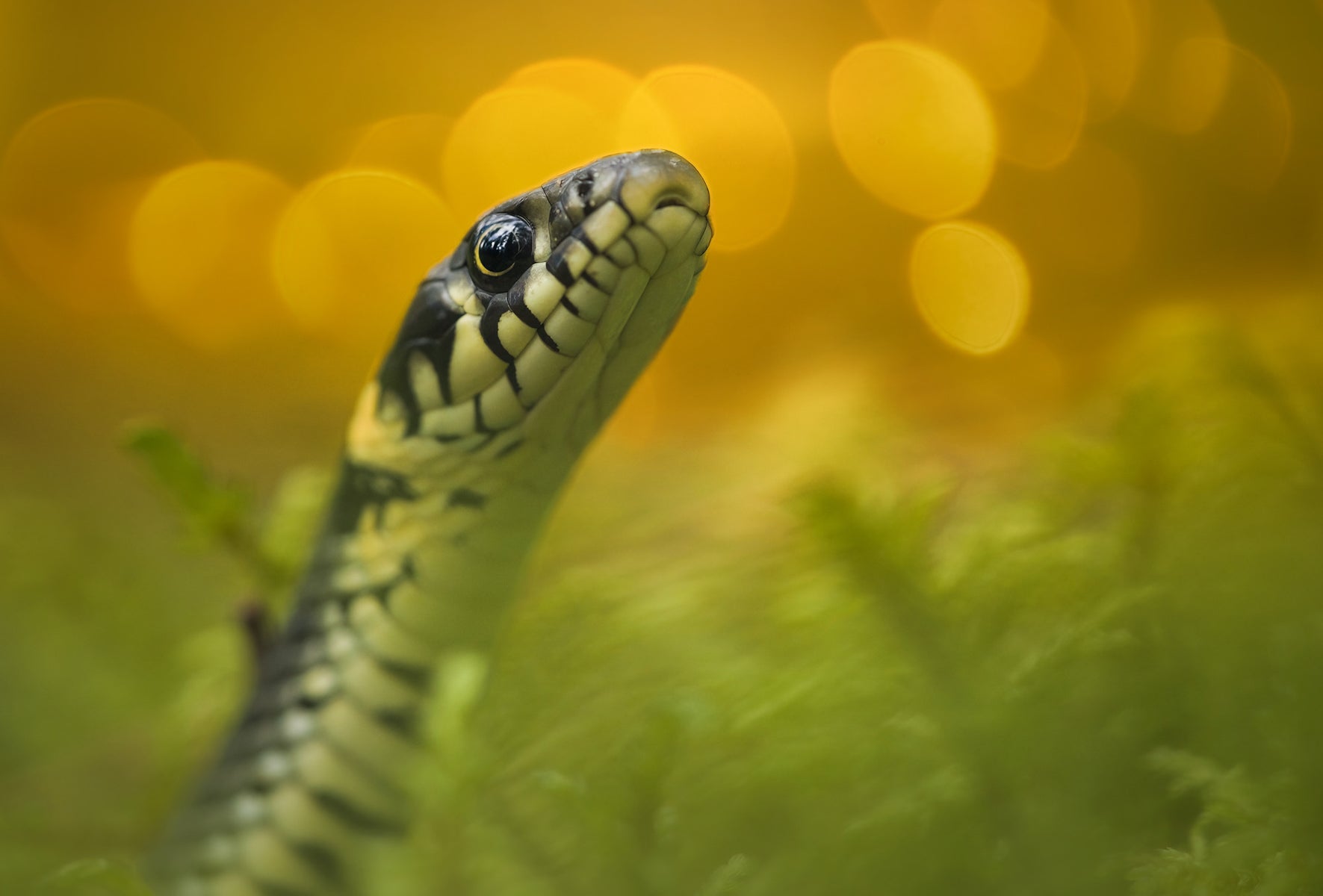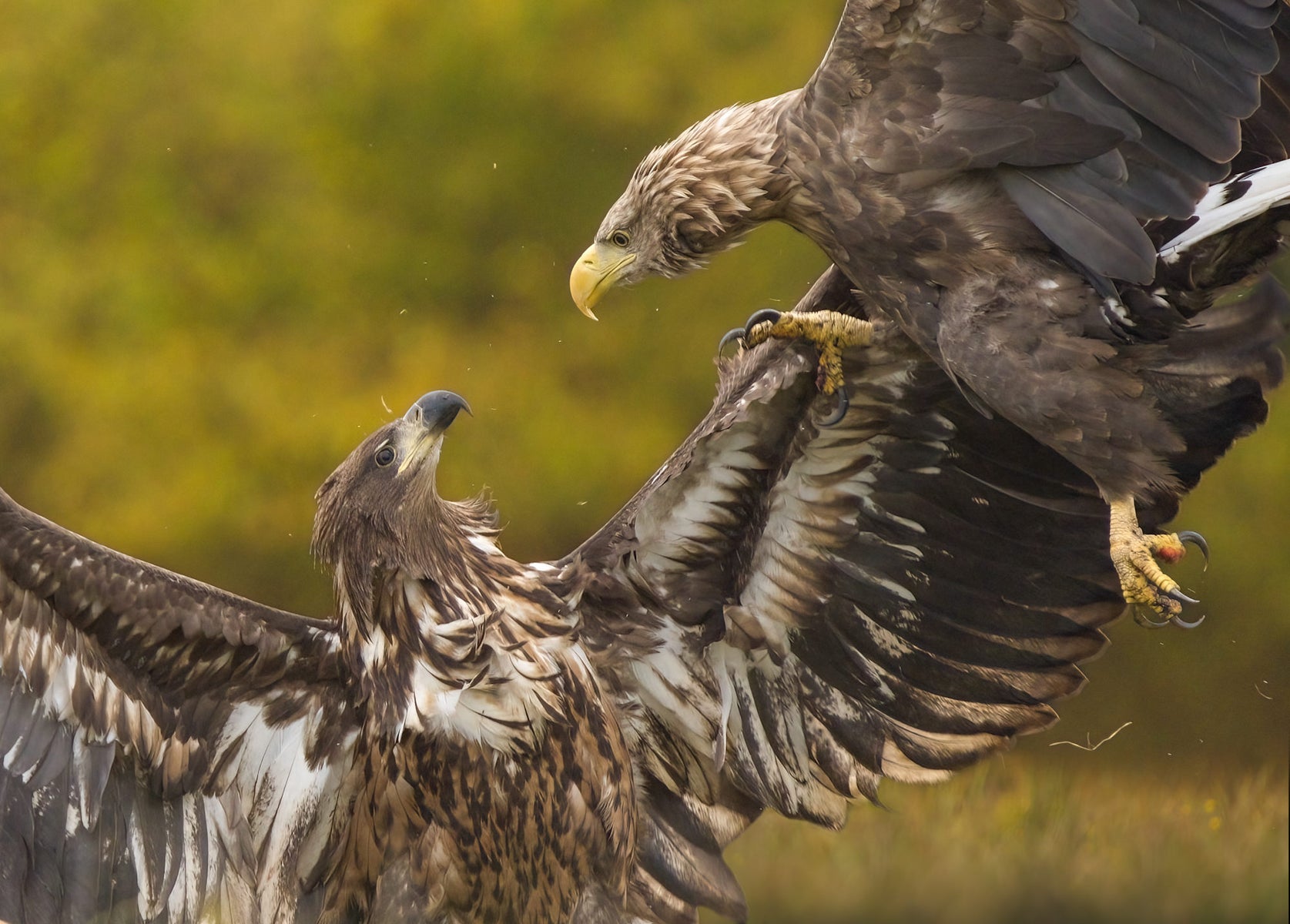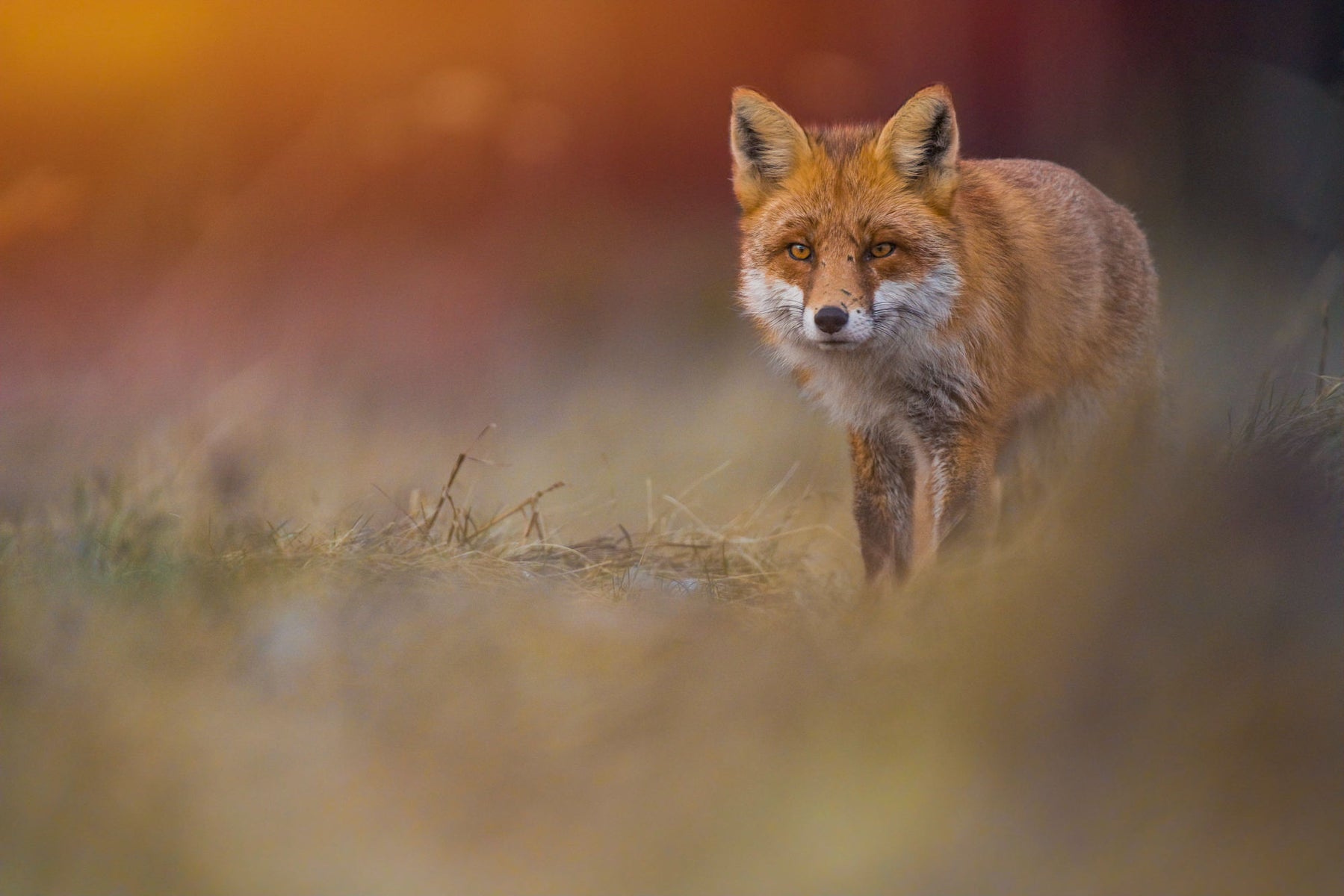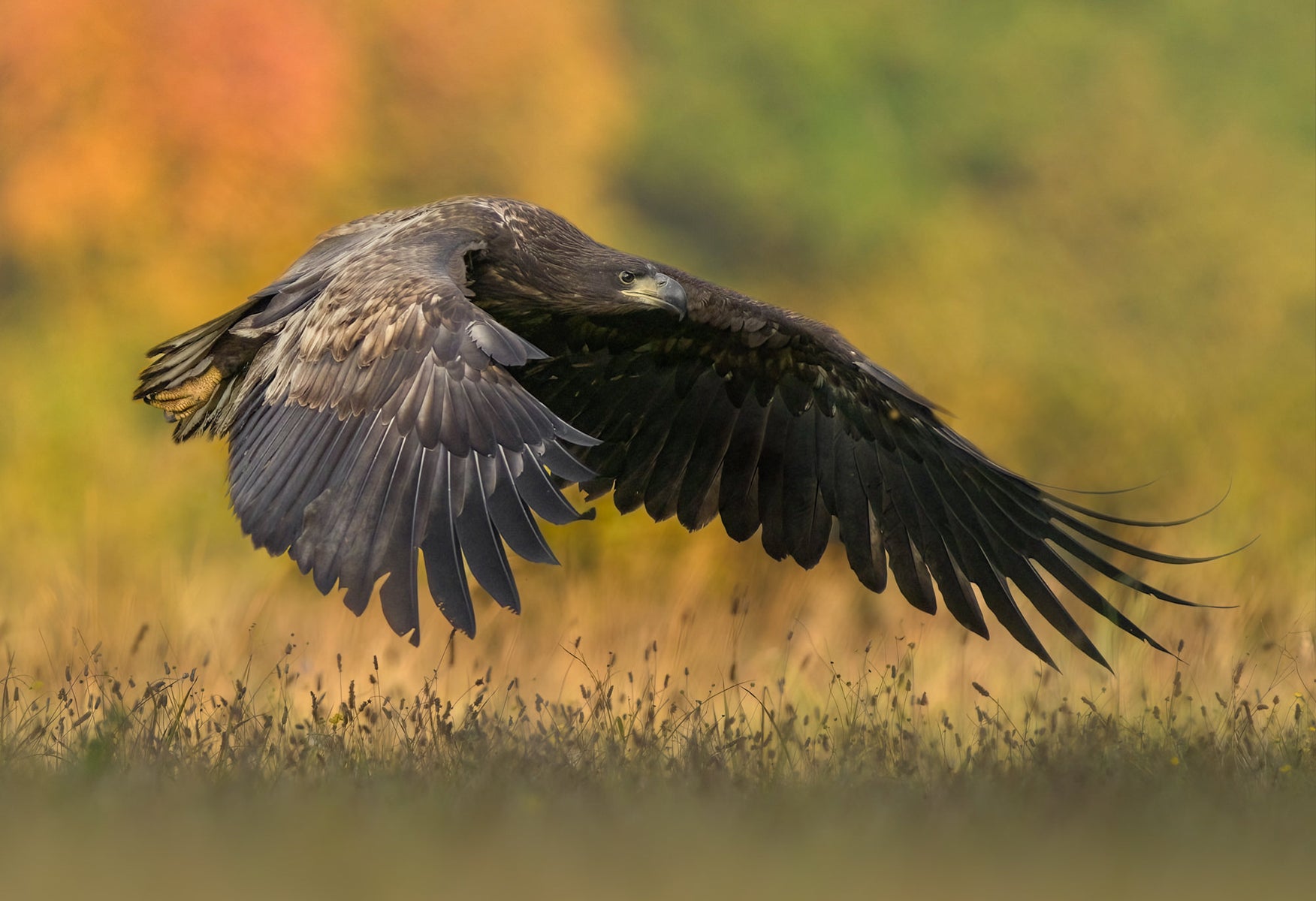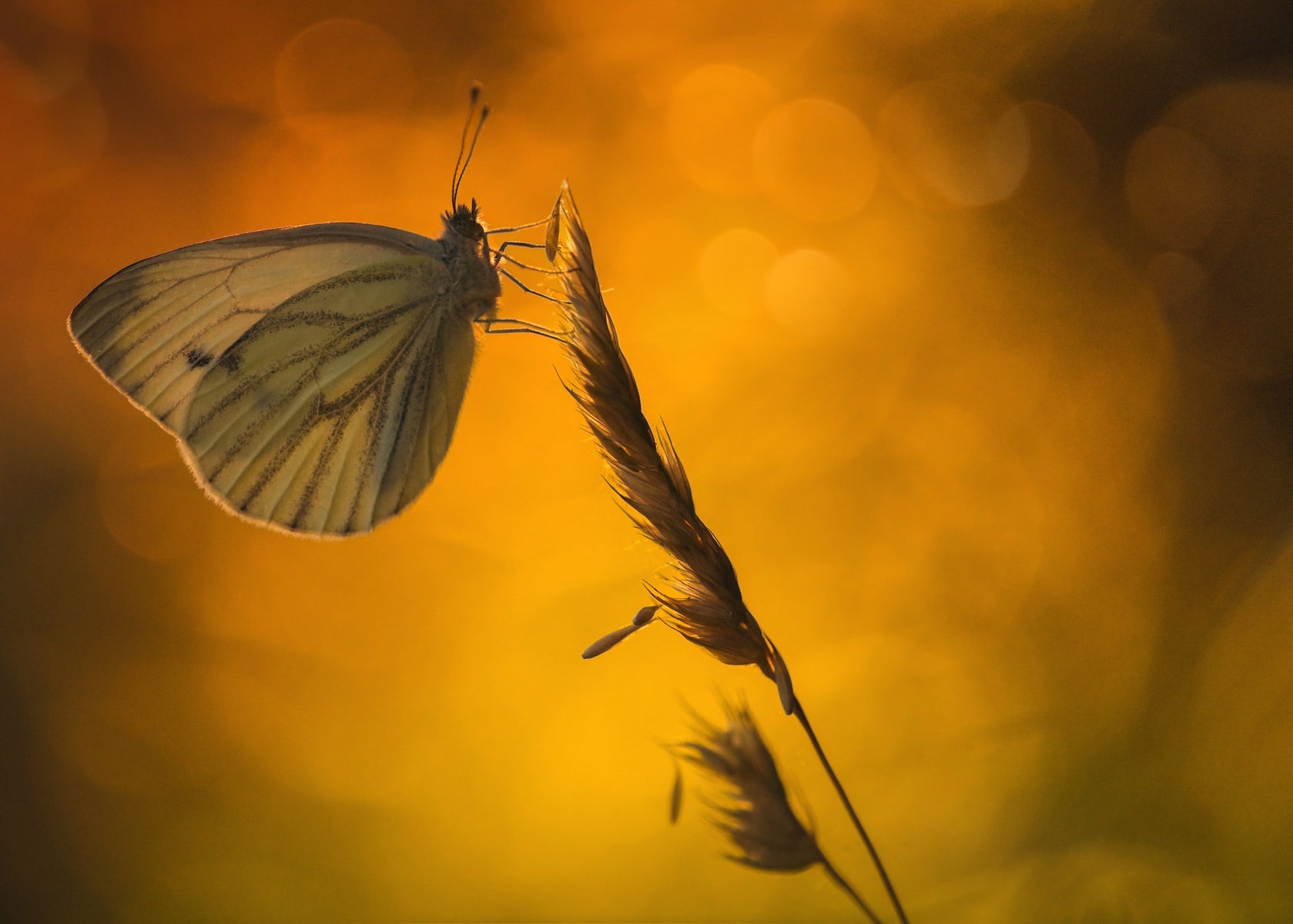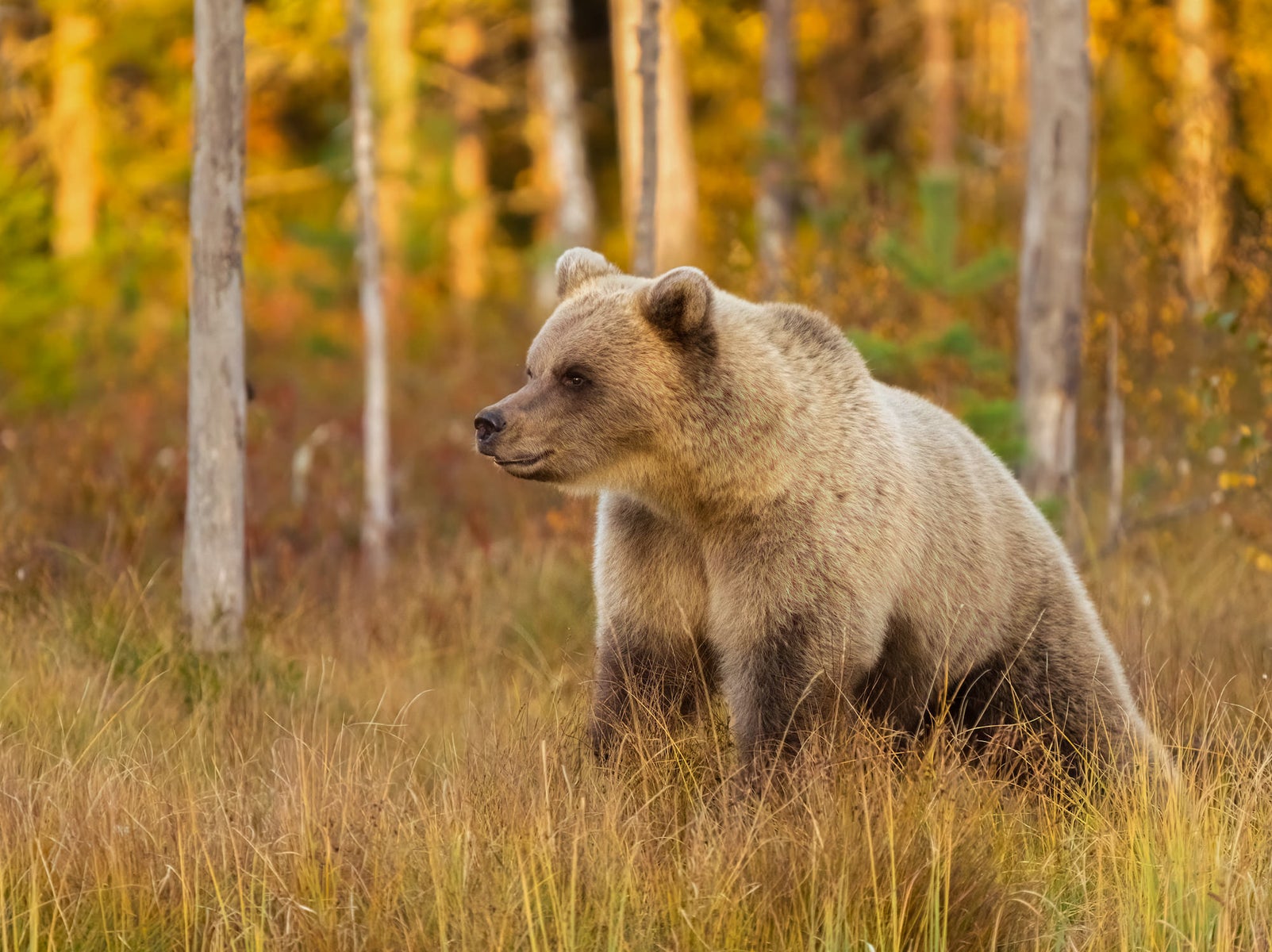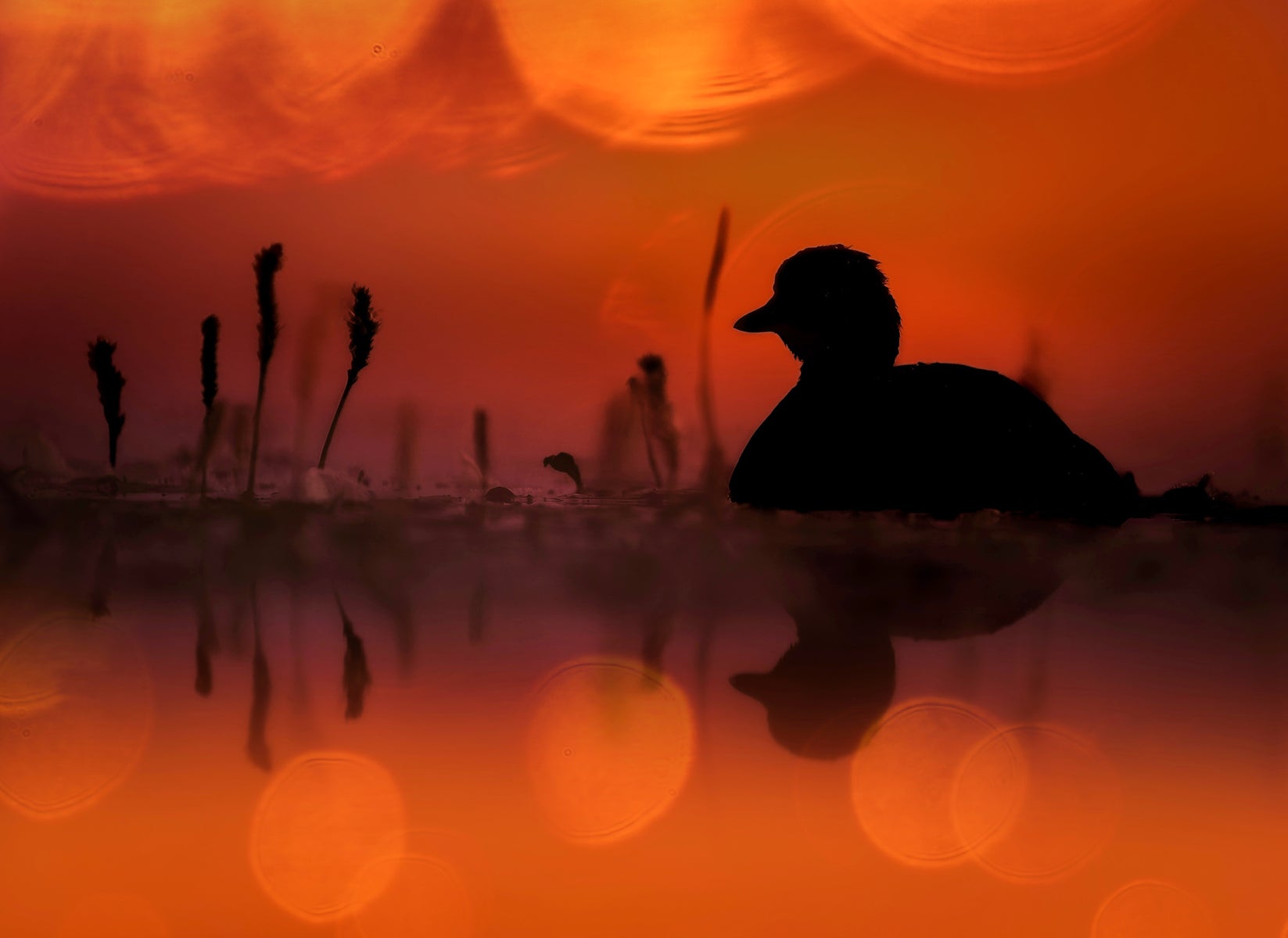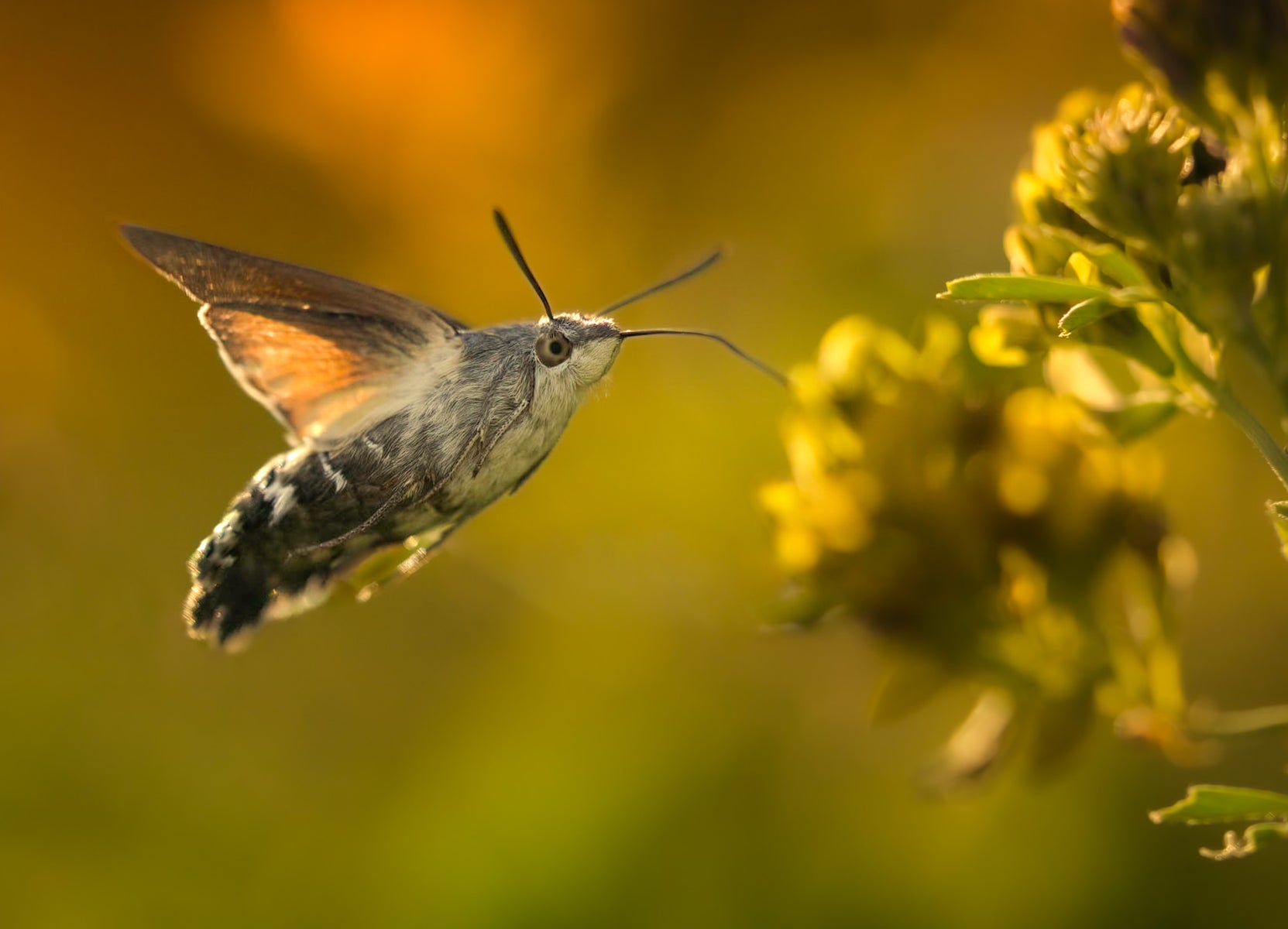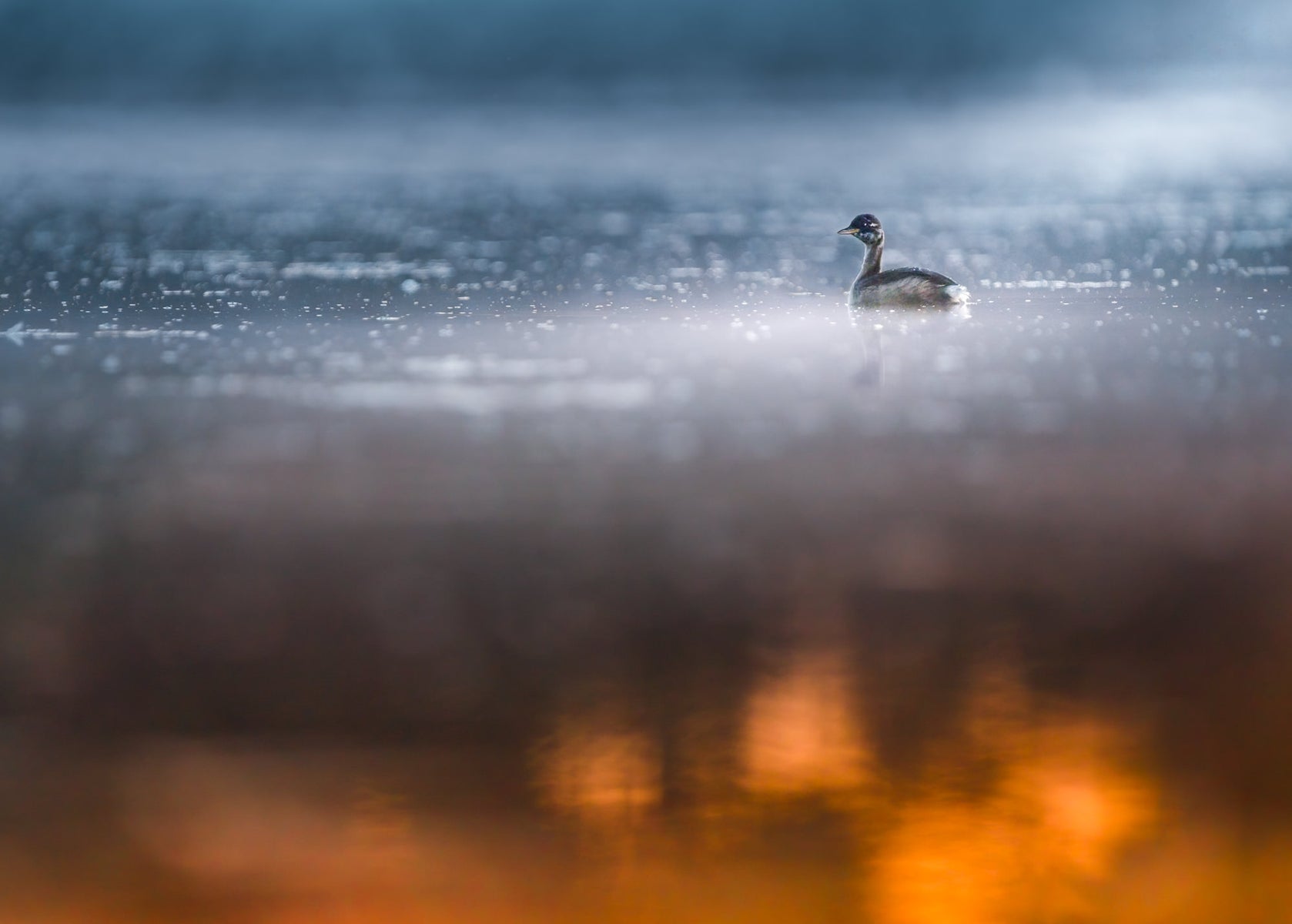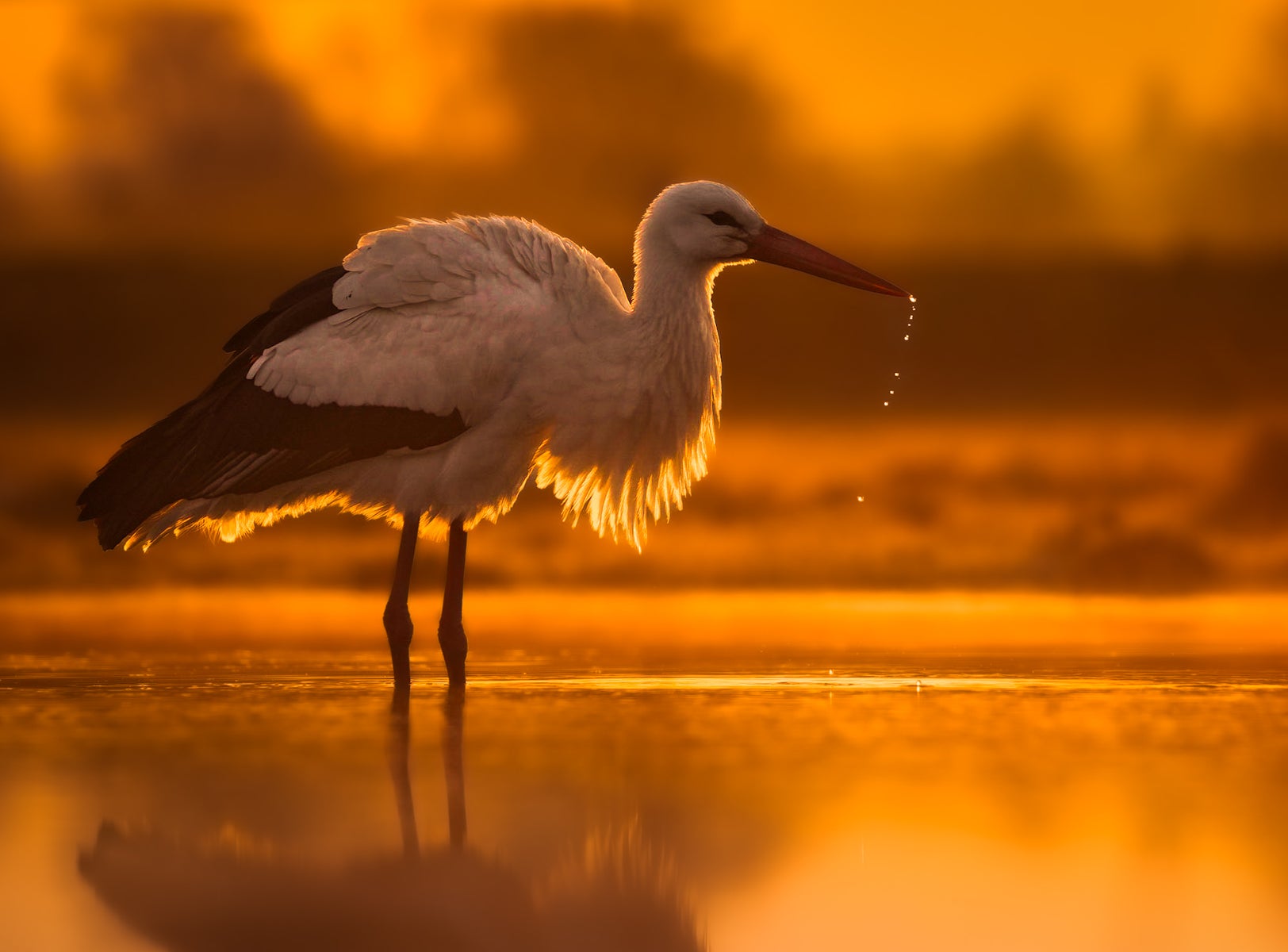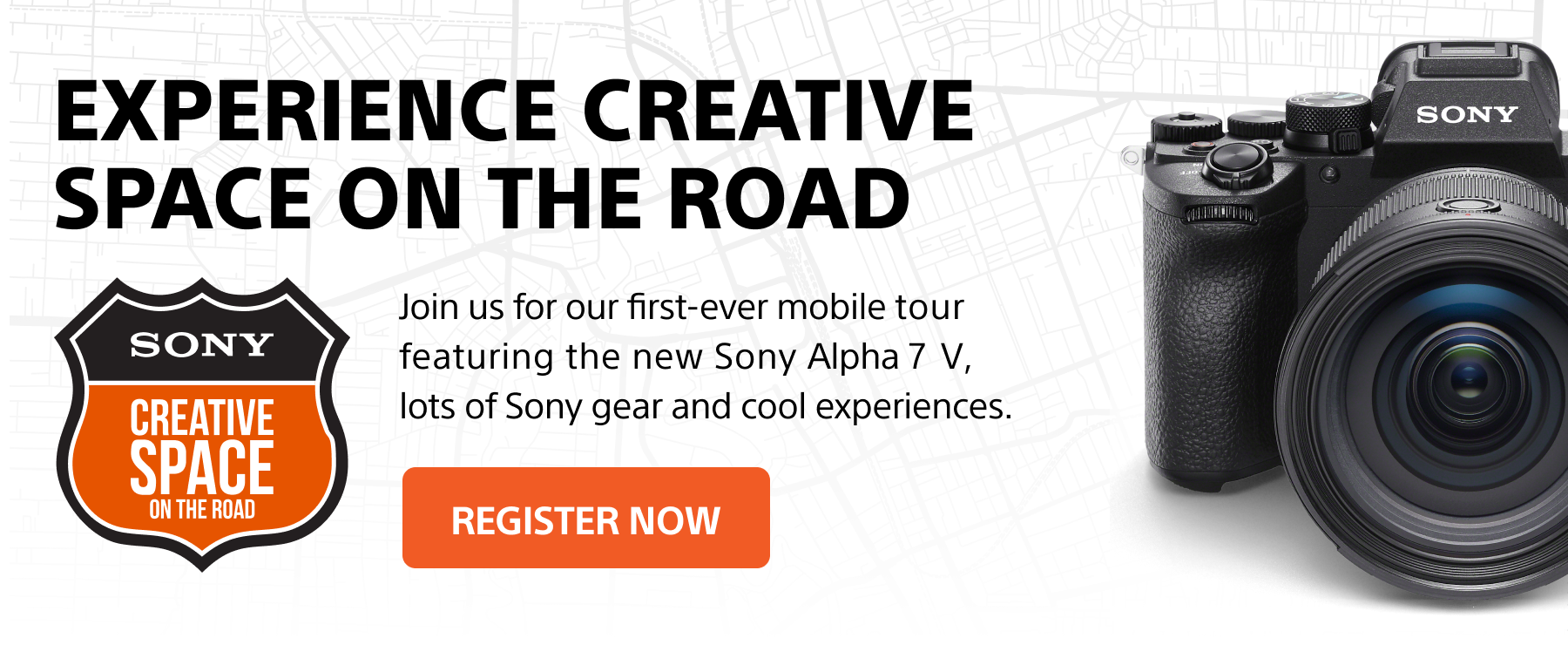Wojciech Sobiesiak (@wojtsobi_wildlife) is a wildlife photographer whose love of nature began when he was young. That deeply-rooted interest has carried him into his primary passion of photographing birds and any kind of wildlife. We sat down with Sobiesiak to learn more about his go-to gear and how he uses just a prime and a zoom to get amazing images of unpredictable animals. Keep reading to find out what’s in his bag for wildlife photography.
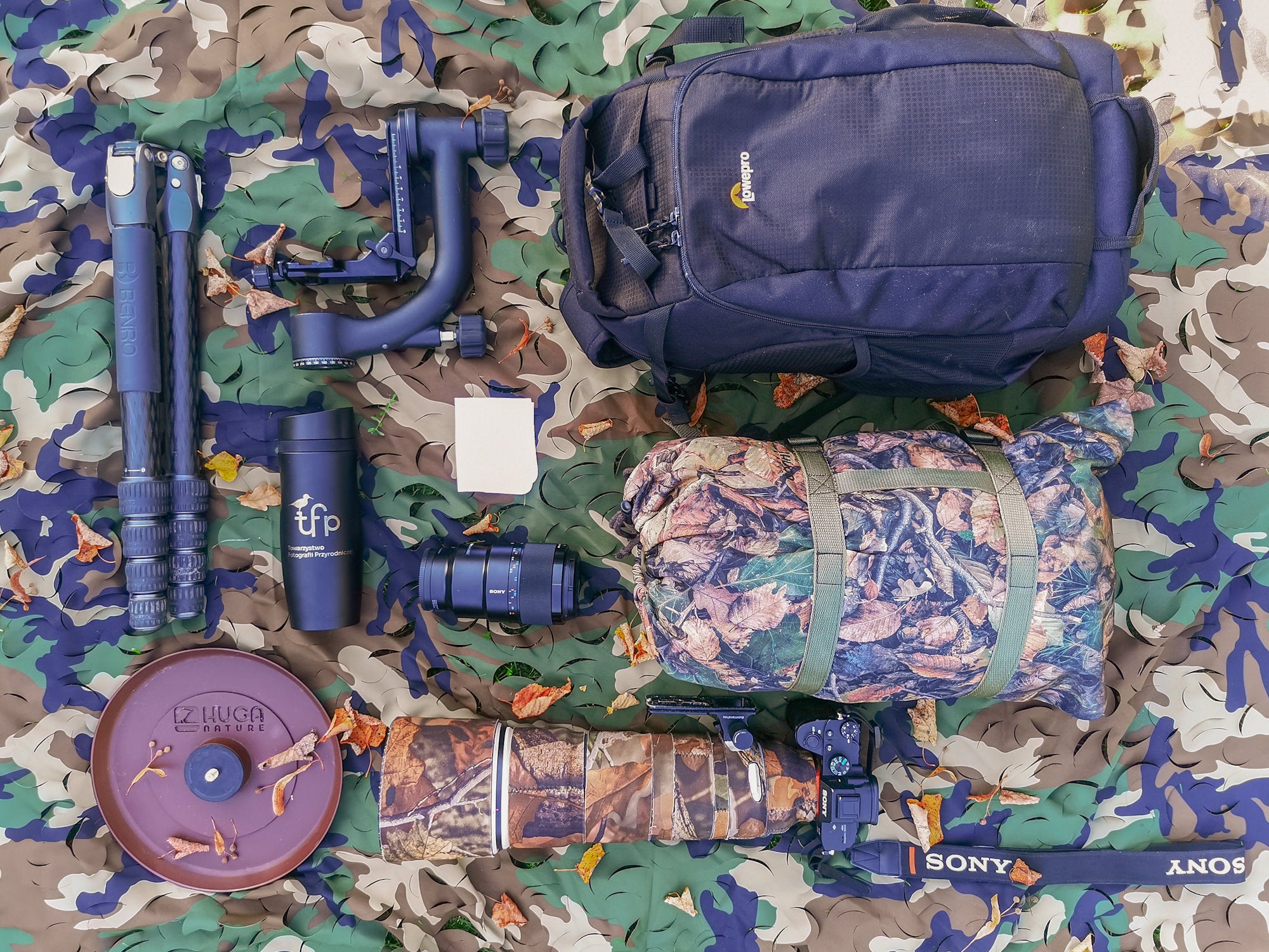
See how this wildlife photographer uses a pair of Sony lenses in a surprisingly minimal kit to photograph birds and animals from near and far.
Camera
Sony Alpha 7 III: There are many obstacles in getting the perfect shot when photographing wildlife and one of the main challenges is low-light. I mostly photograph at dawn or dusk and the Sony Alpha 7 III handles low-light situations incredibly well. The wide ISO range mitigates image noise and gives me great image quality.
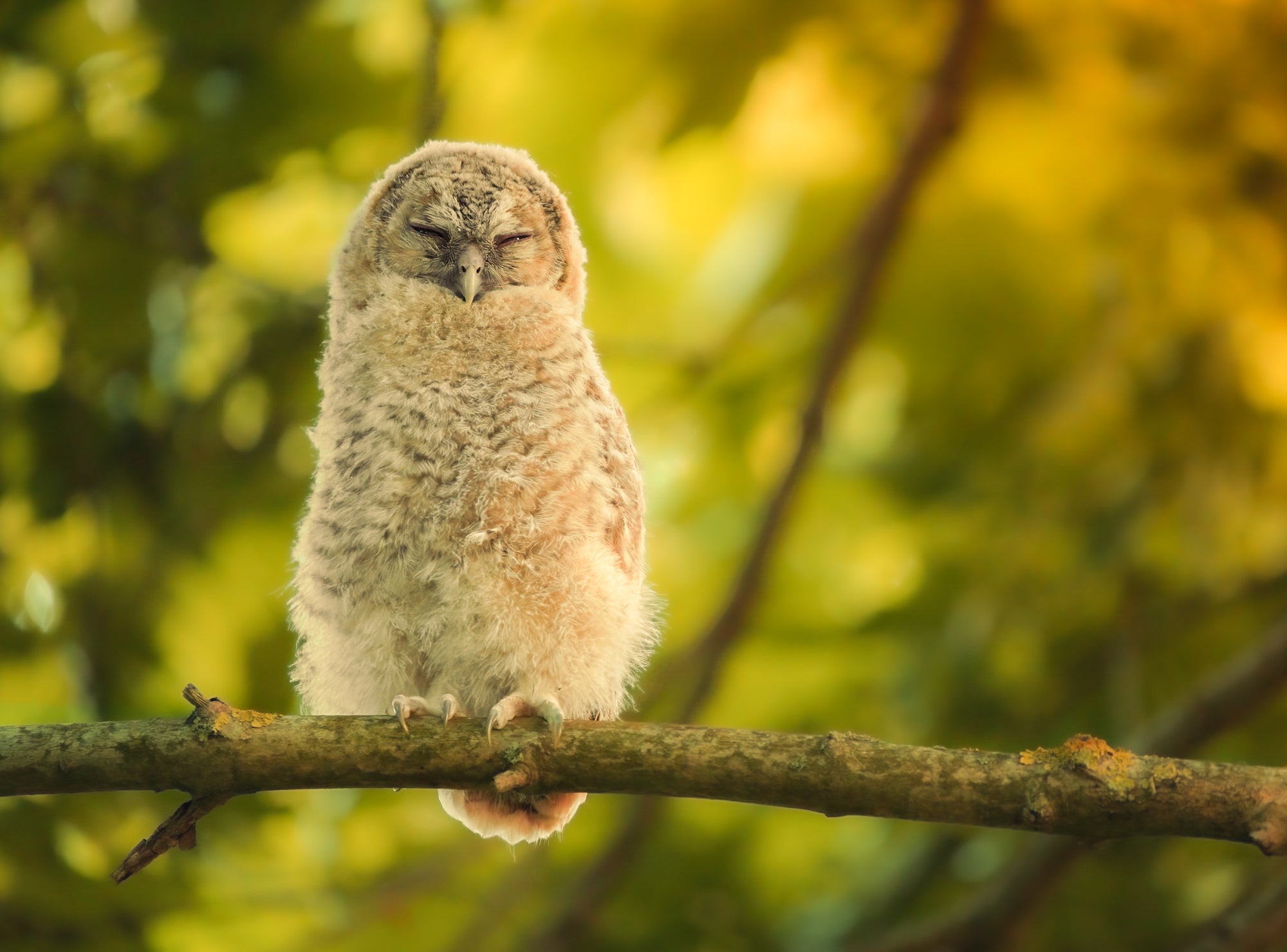
Photo by Wojciech Sobiesiak. Sony Alpha 7 III. Sony 200-600mm f/5.6-6.3 G. 1/50-sec., f/6.3, ISO 6400
I also love that my Sony is quite light and compact. This is a big advantage when I’m walking for many hours, searching for wildlife. The electronic shutter for silent shooting mode helps me avoid spooking the animals when I'm hiding under the masking net or hidetent. Finally, the high-speed bursts allow me to capture countless images, increasing my chances of getting the perfect frame.
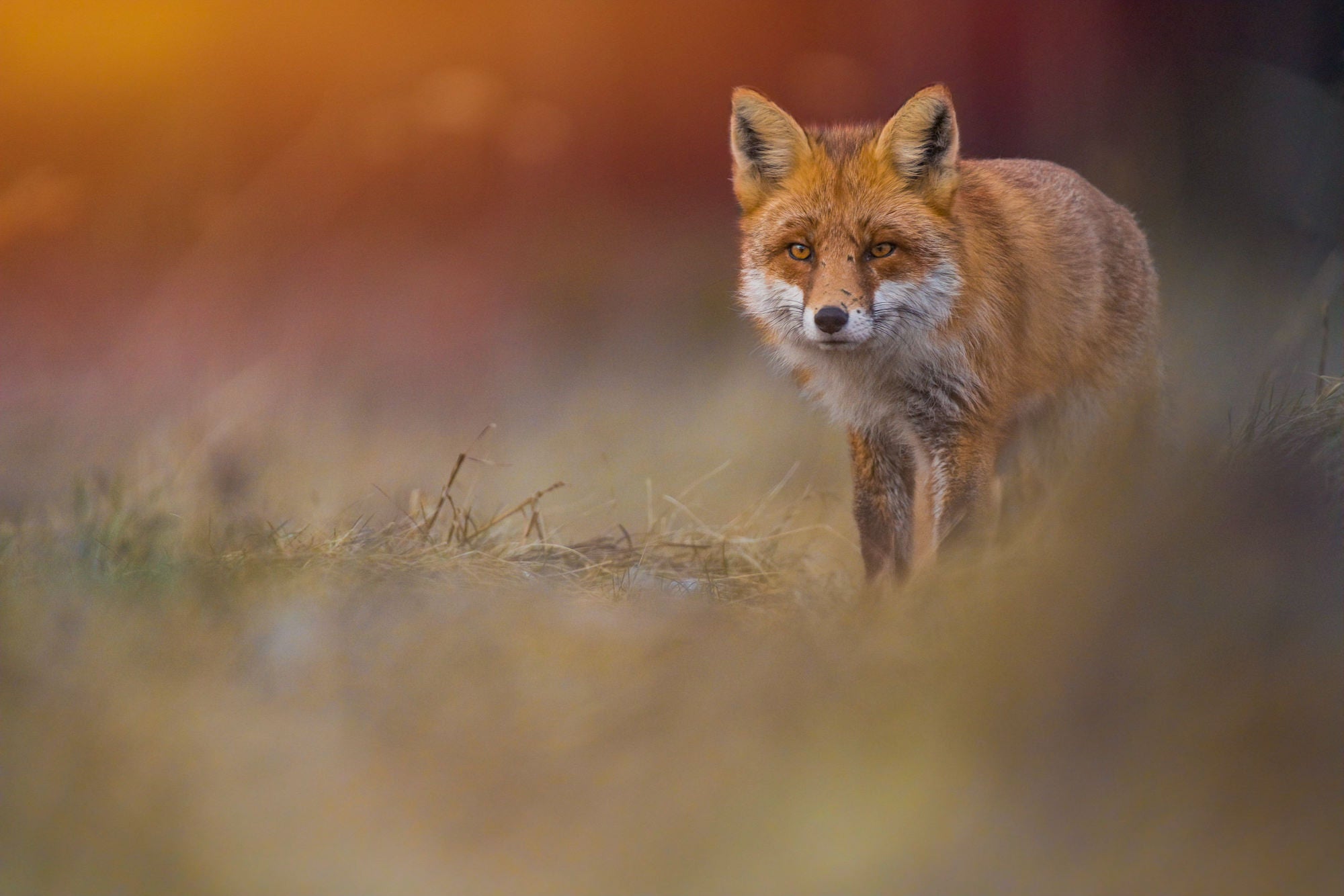
Photo by Wojciech Sobiesiak. Sony Alpha 7 III. Sony 200-600mm f/5.6-6.3 G. 1/3200-sec., f/6.3, ISO 3200
Lenses
Sony 200-600mm f/5.6-6.3 G: My main lens is the Sony 200-600mm f/5.6-6.3 G. Its weight, affordable price and image quality makes it a killer choice. I've been using it for a couple of years and I can say it's totally worth every penny. This lens is super sharp even in low light and has an incredible focus speed, which is great for fast action like birds in flight. The zoom ring works quickly and smoothly, which is terribly important to me. Oftentimes, an animal suddenly comes close from out of nowhere; in those cases, you can just twist once and get a clean shot. The focus lock button is also a very helpful feature, it saves a lot of time.
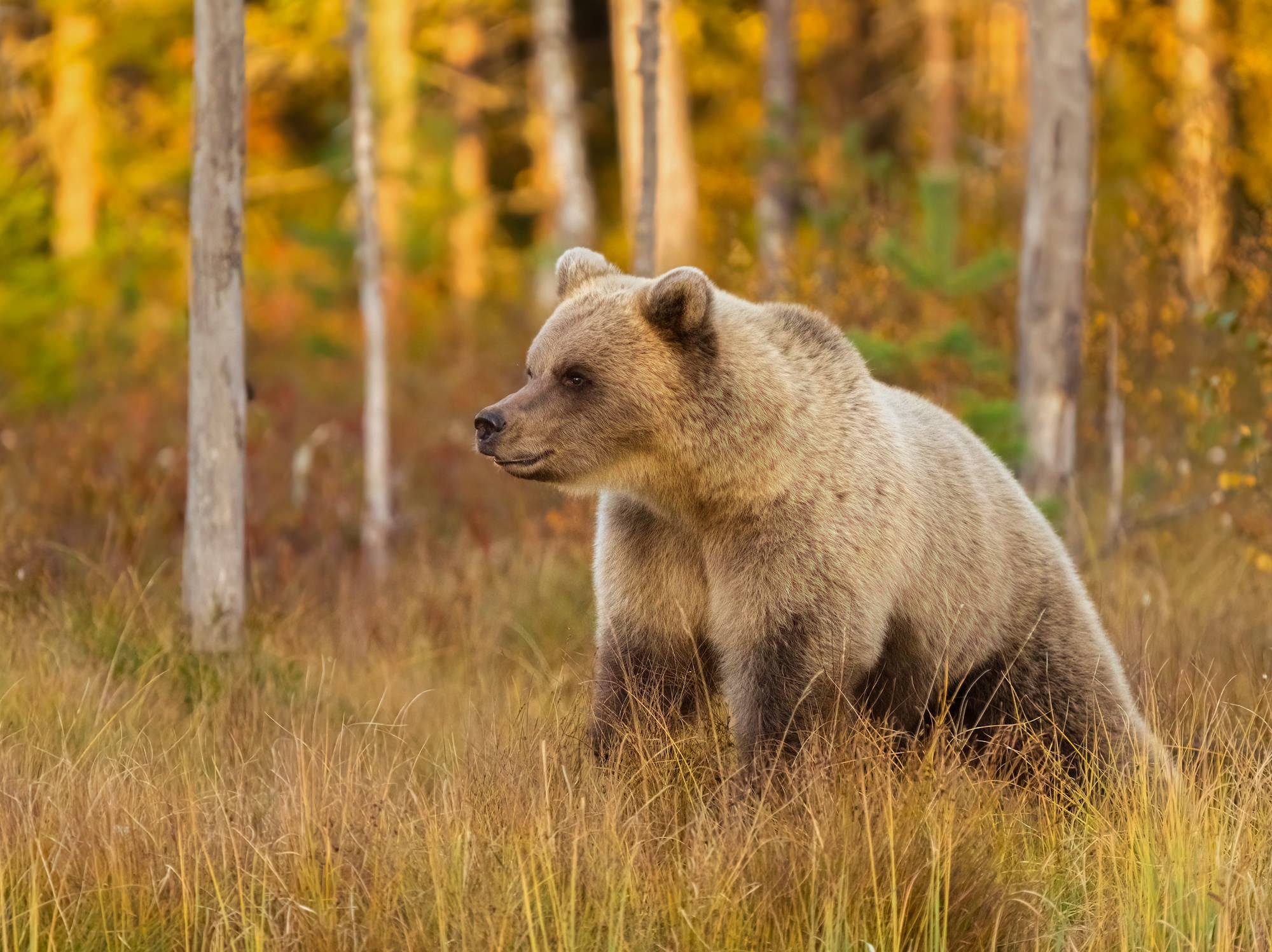
Photo by Wojciech Sobiesiak. Sony Alpha 7 III. Sony 200-600mm f/5.6-6.3 G. 1/1250-sec., f/6.3, ISO 6400
Sony 90mm f/2.8 Macro G: My second lens is the Sony 90mm f/2.8 Macro G and I just love it. Getting closer to things we dont see through naked eye has always amazed me. It has a superb image quality, high sharpness, and nice bokeh. The best feature is the AF/MF switch on the focus ring. The first time I used it in the field I realized it is a stroke of genius, as I often can't reach hidden bugs among grass - and there comes MF on just one switch. Focus lock nearby just closes the whole thing. Brilliant lens.
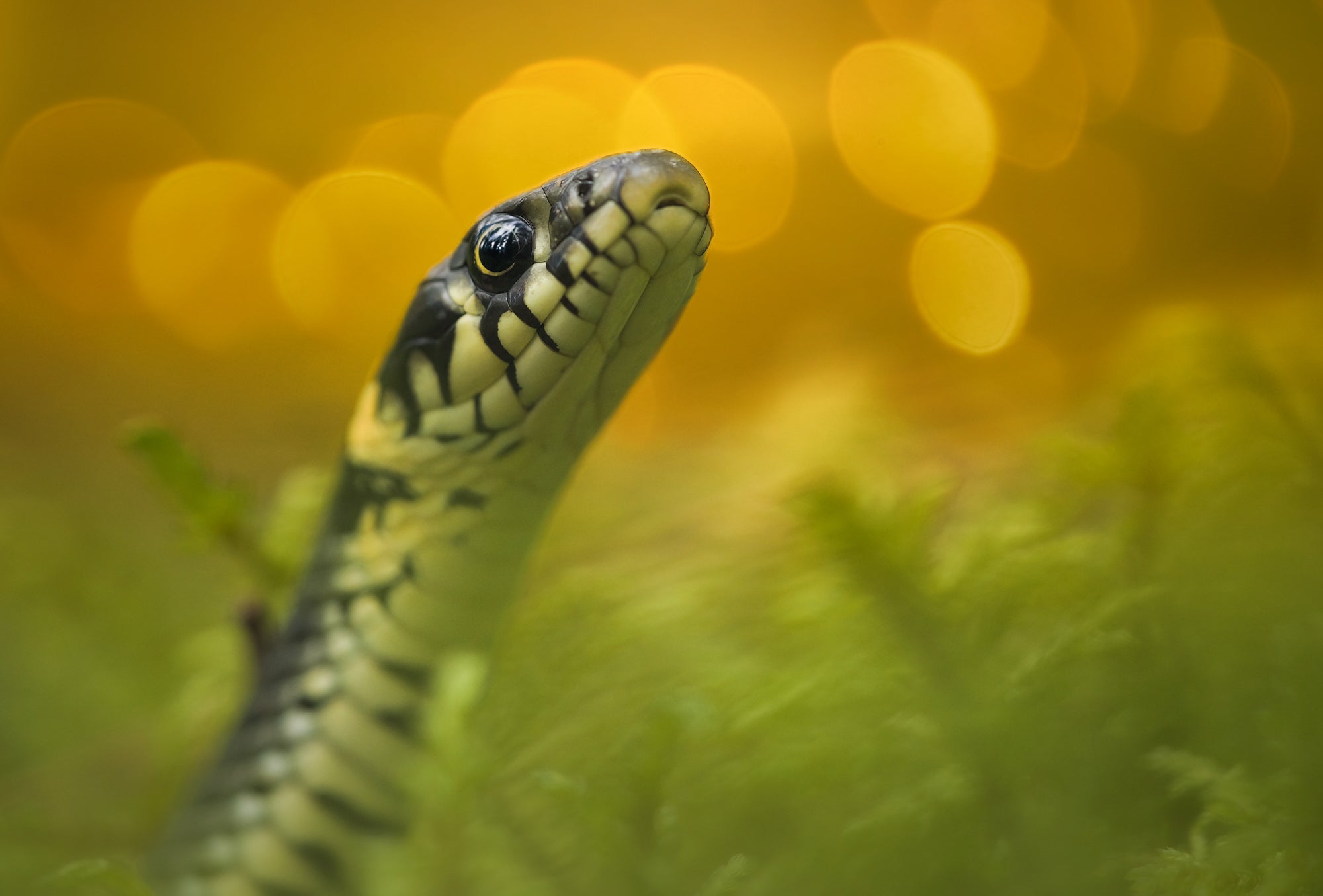
Photo by Wojciech Sobiesiak. Sony Alpha 7 III. Sony 90mm f/2.8 Macro G. 1/3200-sec., f/4.5, ISO 1600
Accessories
Bag: Everything is packed into my Lowepro Flipside 300 AW II.
Tripod/Gimbal Head: I use a Benro Tortoise tripod with Benro GH2 gimbal head. It is a lightweight and portable combo with heavy payloads. For lower perspective shots like in mud or shallow water I use the ground pod with Benro GH2 attached to it.
Tents/Netting: I bring two camo hide tents and a masking net.
Sleeping Pad: I always carry a sleeping pad with me.
Additional Batteries: I make sure I have these just in case.
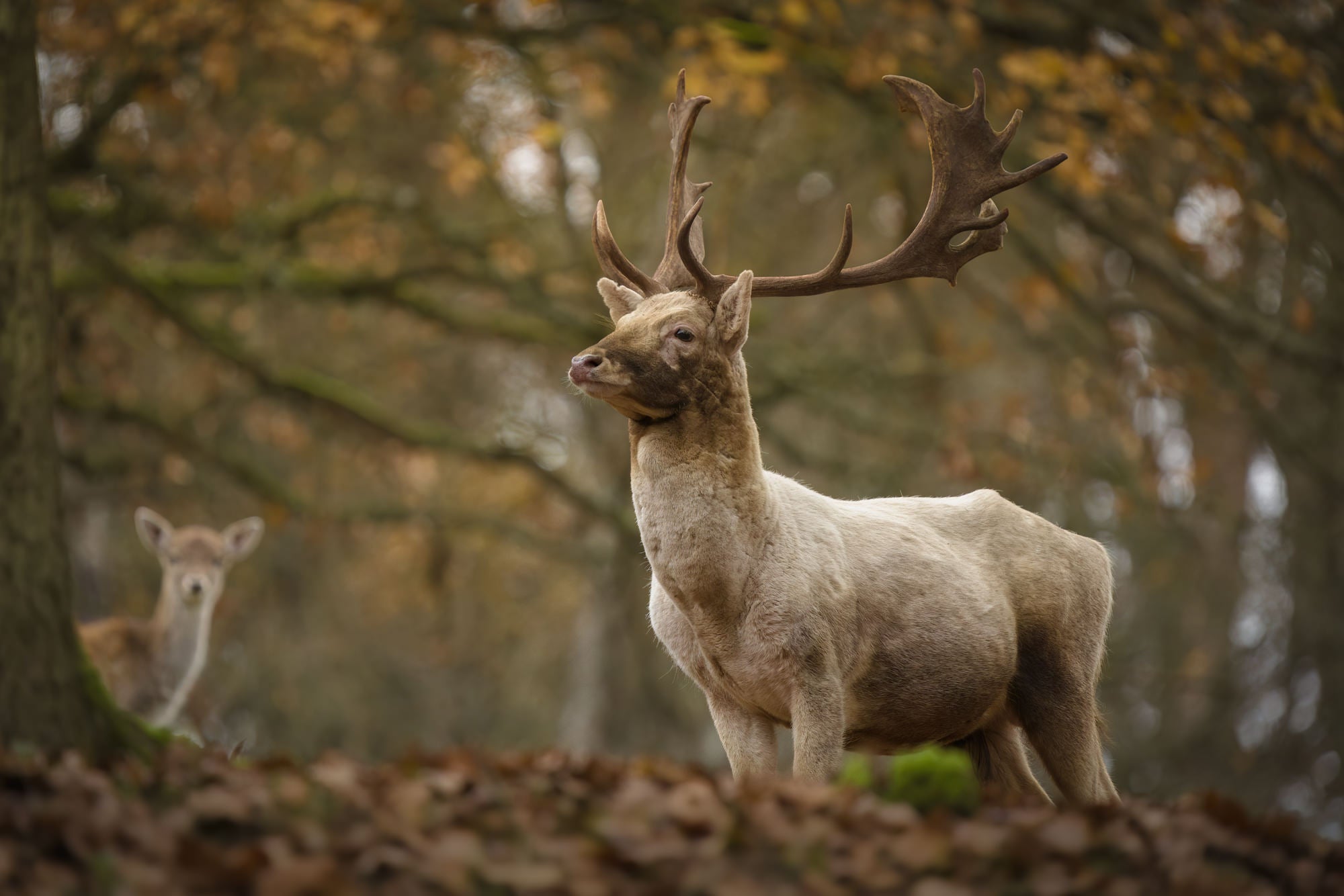
Photo by Wojciech Sobiesiak. Sony Alpha 7 III. Sony 200-600mm f/5.6-6.3 G. 1/400-sec., f/6.3, ISO 6400
SD Cards: Always a good idea to have extra.
Cleaning Kit: To keep my lenses and equipment clean.
Thermo Mug: For keeping liquid warm.
Heaters: It gets cold out there waiting for wildlife!
See more of Wojciech Sobiesiak’s work on Instagram @wojtsobi_wildlife.
